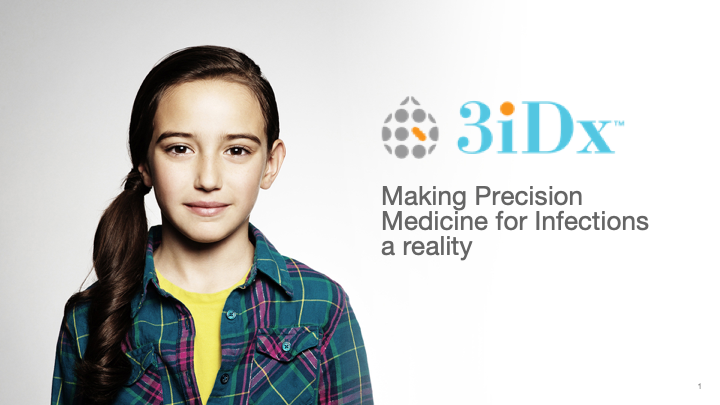These are challenging times, and we, at 3iDx, hope that you, your loved ones, friends, and colleagues are well.
The COVID-19 pandemic has impacted the world in ways not seen in modern times. One of these is to bring back the importance of diagnostics and, importantly, the ability to perform tests in a multitude of settings.
It is abundantly clear that controlling the outbreak through social distancing severely impairs a functioning society. Any strategy to “reopen” a country is highly reliant on better testing, which is central to reducing transmission and morbidity and mortality. This not only involves being able to obtain an actionable result but also encompasses producing tests at a scale commensurate with the outbreak and addressing massive challenges in the supply chain.
While DNA-based diagnostic testing offers several reasons to include in our armament of tools. Waiting multiple hours or even days before getting a result for a COVID-19 test does not strike one as an effective strategy especially when battling reagent and buffer shortages.
While high-income countries are facing challenges in meeting the diagnostic needs of their rural and semi-urban populations, these challenges are magnified in low- and middle-income countries. These countries currently have the lowest rates of testing reported to the WHO.
It feels strange to be listing these problems and areas for improvement in yet another global crisis. We had earlier observed how our response to the antimicrobial resistance crisis is being held back because of inadequate diagnostics. The needs in both crises are eerily similar. We need rapid and inexpensive diagnostics that can be scaled easily and used outside a specialized laboratory setting. The options we currently have are not it.
The current COVID-19 crisis will draw down and we will emerge stronger. But if we are to emerge wiser from this experience, we need to invest more (resources, attention, capital) in diagnostic development.
